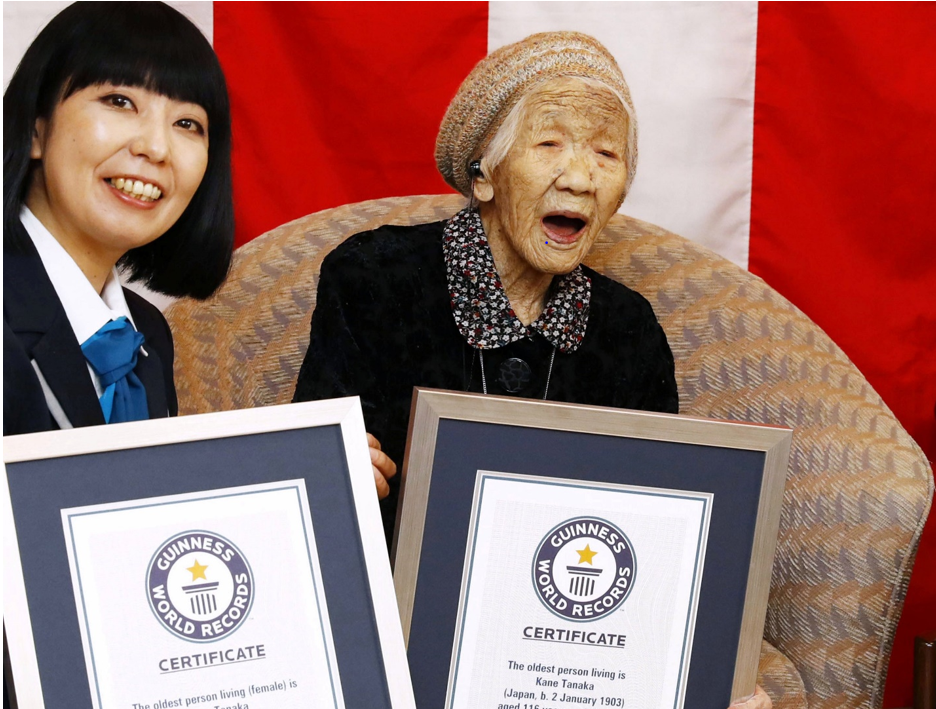
This week, redefinED will become reimaginED, arriving chorus-like to document the efforts of educators and families to reshape public education in a more pluralistic and productive system. Those efforts are taking shape in both gradual and sudden ways.
Our goal will be to do our best to pay attention to both.
As we prepare to make the transition from redefining public education to reimagining it – where it’s headed and what it can be – I’m pondering recency bias, a psychological phenomenon that causes us to give more importance to recent events compared to historical events. Recency bias is a great hurdle to overcome in reimagining the K-12 education system.
School assignment by ZIP code could be considered an example.
It seems like ZIP code-based assignment into schools run by local districts has always existed. It was here when anyone likely to be reading this was born, and it was here when most anyone we’ve ever spoken to was born. This does not, however, make current methods of educating children eternal, or even venerable. ZIP code-assigned government schooling actually is a recent experiment.
Scientists tell us homo sapiens date back 300,000 years. Somewhere around 13,000 years ago, our ancestors began growing crops. Written records in stone appeared about 5,000 years ago when the first pharaoh united Upper and Lower Egypt. Some 4,763 years later, a German ruler ordered children between the ages of 5 and 13 to attend what were predominantly religious schools in the first move toward a public education system.
Varying forms of public education, some systems much more effective than others, are ubiquitous around the globe today. Most of human history, however, involved educating children through other means.

Our habits and practices continuously evolve over time. Consider, for instance, the lifetime of Kane Tanaka, a Japanese woman who is known as the world’s oldest human. She was born in 1903 during Japan’s transition out of feudalism. An infant when the Japanese defeated the navy of Czarist Russia at Port Arthur, she was a teenager when Vladimir Lenin seized power, ending the rule of the czars and creating the first communist nation.
Tanaka was nearing middle age when the success of the Port Arthur attack emboldened the Imperialist government to launch a surprise attack on Pearl Harbor. This time, her government had bitten off far more than it could chew, and the attack led to catastrophic defeat. She nevertheless witnessed her country’s successful transition to democracy and to becoming an economic powerhouse without possessing an empire.
She became a convert to Christianity and visited relatives in the United States. For most of her life, her country was part of an American coalition against the Soviet Union, but both she and her husband of 71 years lived to see, more than 30 years ago, the Soviets collapse without firing a shot. She was scheduled to hold the Olympic torch in the Tokyo Games, but COVID-19 concerns sidetracked the opportunity.
Tanaka lived to see a great deal of change in her life. She saw history dispatch czars, global fascism, global communism. She witnessed a flourishing of peace and prosperity based not upon conquest but upon voluntary exchange and mutual benefit. Some changes came gradually, but other times it came suddenly.
American K-12 education is currently in the midst of both gradual and sudden change. The sudden part is hard to miss: a gigantic increase in homeschooling as reported by the Census Bureau, people creating their own small schools, parent frustration fueling the passage of large education choice bills across the country, and more.
The more gradual trends include an aging American population that grows a bit older daily. An increasingly acute battle over public funding looms between the health care needs of the elderly and the education needs of the young. A decade-long swoon in already “meh” academic performance started a decade before COVID-19, and the pandemic surely will worsen things. We have a growing need to update a whole host of badly antiquated K-12 practices, but these changes won’t come easily.
Get your vaccinations and tend to your health, dear readers. You have the chance to live to see the flourishing of a humane system of American schooling during your lifetimes among other wondrous things.
And be sure to join us at reimaginED as we show you how it’s all unfolding.


